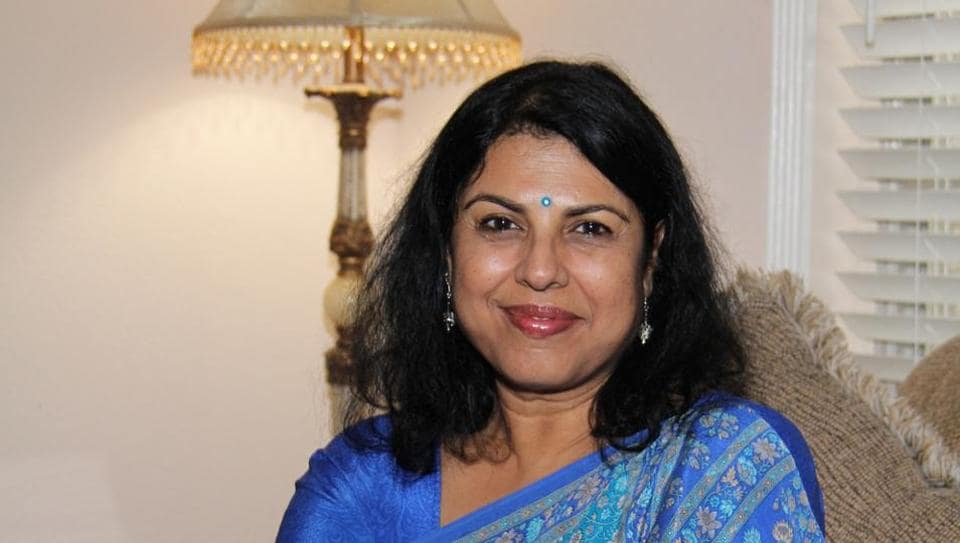(May 6, 2023) In 2020, when the world was in lockdown and mourning the loss of their loved ones due to the pandemic, Siddharth Dhanvant Shanghvi’s latest release Loss hit hard. The book was a reminder of the harsh reality of how boys are raised to become men in a world where nothing hurts or destroys them, and weeping in public or emoting is considered nothing less than blasphemy. For someone who lost his mother and father in about a decade, he invites readers to embrace their loss with compassion. It’s this connection, the complexities of love, relationships, and loss that the 45-year-old portrays in its most authentic form which has made him stand out in the literary circles. With a Betty Trask Award to his credit, Siddharth has become a name to reckon with in the world of literature.
At 22, he wrote his first book, but it took him four years to get it published. Despite the delay, it turned out to be an international bestseller, making Siddharth an instant hit in the literary world. However, it has been a long journey for this author to find his true calling.

Siddharth Dhanvant Shanghvi
From solitude to storytelling
Born into a Gujarati family in Mumbai, Siddharth always loved his space. Even as a child, he would often escape to his tree house where he would find solace after running away from his school and would spend hours, either reading books or just being alone. It’s these years that laid a solid ground for this then-teenager to silently absorb every moment and be on his own. “That I was left alone as a child was the most precious gift my parents gave me. I was allowed the space to not become anyone in particular but myself,” he told Verve in an interview.
It was the world of books that captivated Siddharth. So, after completing his schooling, he moved to London to pursue his MA in International Journalism at the University of Westminster, where he specialised in photography and learnt how to sell his stories. For someone who was often broke and would crave a beer or two, he used to spin yarns for his friends while hanging out at pubs with them, and in return, they would pick up his tab. “I realised that I had the gift of storytelling – and that I was a lousy photographer,” he said in an interview.
View this post on Instagram
The journey of a bestseller
After graduating, he moved to Northern California post securing a scholarship at San Jose State University for a master’s degree in mass communication. But the course was set to begin the following year. In the interim, Sanghvi moved to Mumbai in 2002 to nurse his broken heart after a bombed love affair. With still a year left for his course to start, he spent most of his time with a manuscript he started writing a few years ago. He feverishly wrote a love story of sorts that later took the shape of his debut novel The Last Song of Dusk. It took him one year to cull out the first draft and three more years to deepen the themes. However, he dropped it after his agent suggested a few changes. Instead, he left for his course in California, and it was only in 2004 that his first novel saw the light of day.

In no time, it won one of the UK’s most prestigious prizes for debut novels – the Betty Trask Award, the Premio Grinzane Cavour in Italy, and was nominated for the IMPAC Prize in Ireland. Translated into 16 languages, The Last Song of Dusk became an international bestseller. At the age of 26, Shanghvi was hailed as the next big thing after Salman Rushdie and Vikram Seth, following the success of his debut novel. It was the use of magic realism and the exploration of themes like karma and sexuality that drew such comparisons. While he rose to popularity with his debut novel, Shanghvi took five years to release his second book. In between, he curated shows and travelled while writing The Lost Flamingoes of Bombay. Inspired by the events of Jessica Lall’s murder case, the novel epitomises Mumbai’s essence in the backdrop of a love story. The book was short-listed for the Man Asian Literary Prize.
Love, pain, hope – his muses
Around the same time, Shanghvi turned to photography after his dad was diagnosed with cancer. His photograph series The House Next Door, which captured the loneliness and seclusion that his father subjected himself to while battling cancer, opened at Galleri Kontrast in Stockholm in 2010. It was later showcased at the Matthieu Foss Gallery in Mumbai and Delhi’s Vadhera Art Gallery. Acclaimed author Salman Rushdie praised Shanghvi’s body of work calling it touching. “They are at a once intimate and clear-sighted objective, precise and affectionate. The quietness of their world is the silence of memory and sorrow, but there is, too, considerable artistry in the composition, and joy taken in detail, and character, and place,” he said.
This Global Indian‘s next masterpiece came in the form of The Rabbit and the Squirrel which was released in 2018. The book that Shanghvi wrote as a parting gift for his friend soon made its way to the shelves of bookstores and struck the right chord with the audience for being a profound story of love, friendship, longing, and reunion.
Siddharth Dhanvant, who has given book lovers a great gift in the form of his novels, has scaled literary heights with pieces of writing and innumerable accolades. The 45-year-old has been bringing stories that matter to the forefront with his body of work, and that’s what sets him apart from his other contemporaries.




